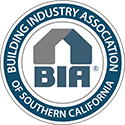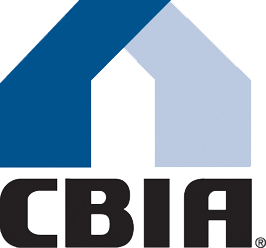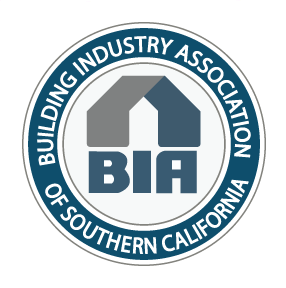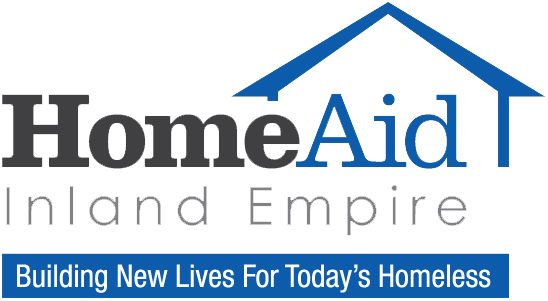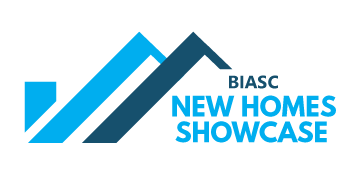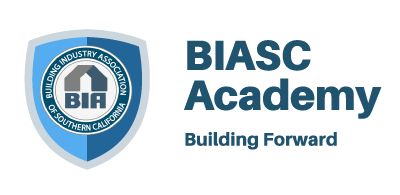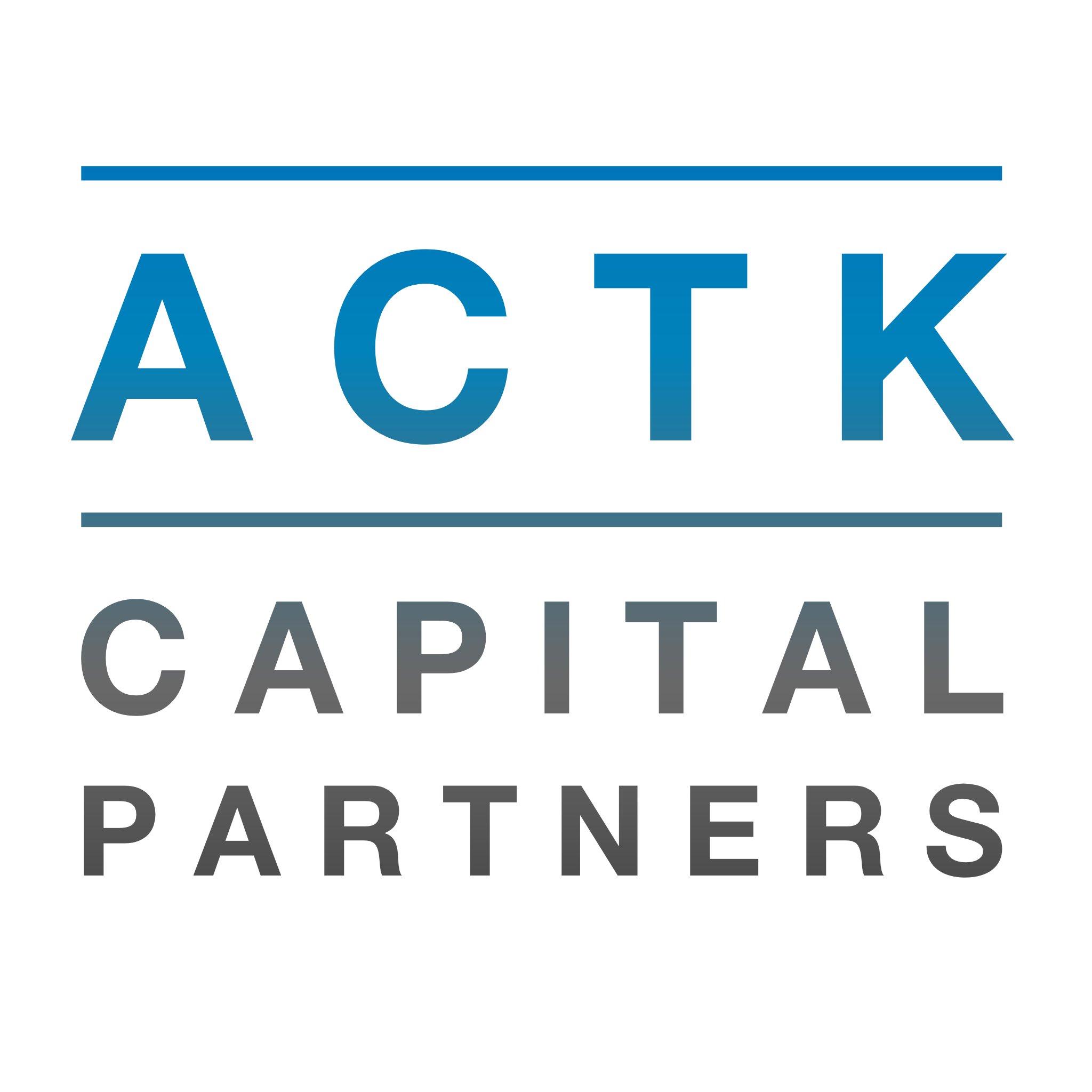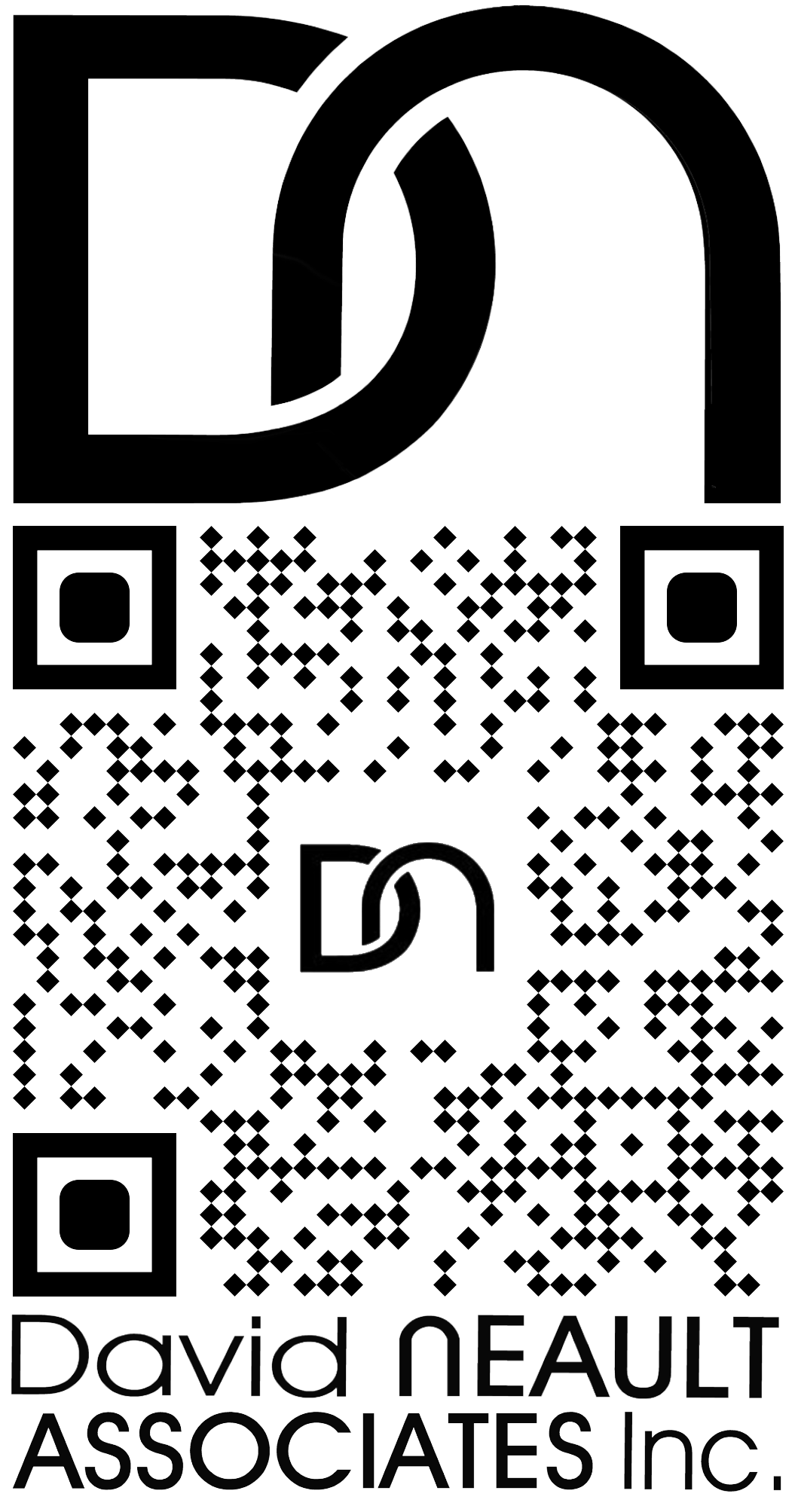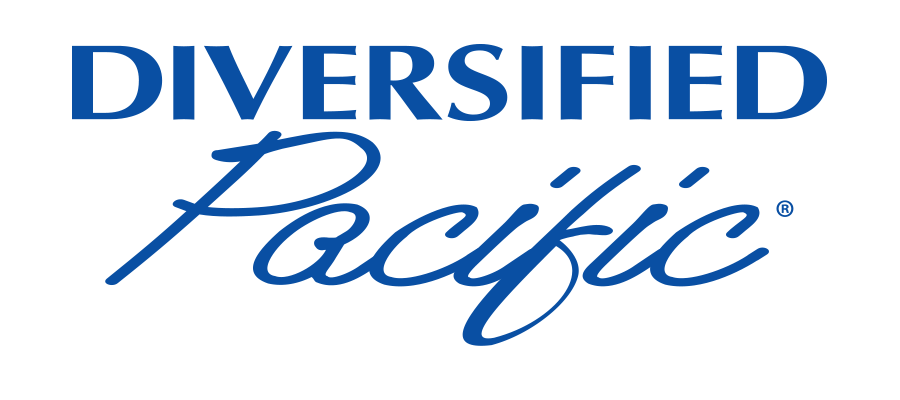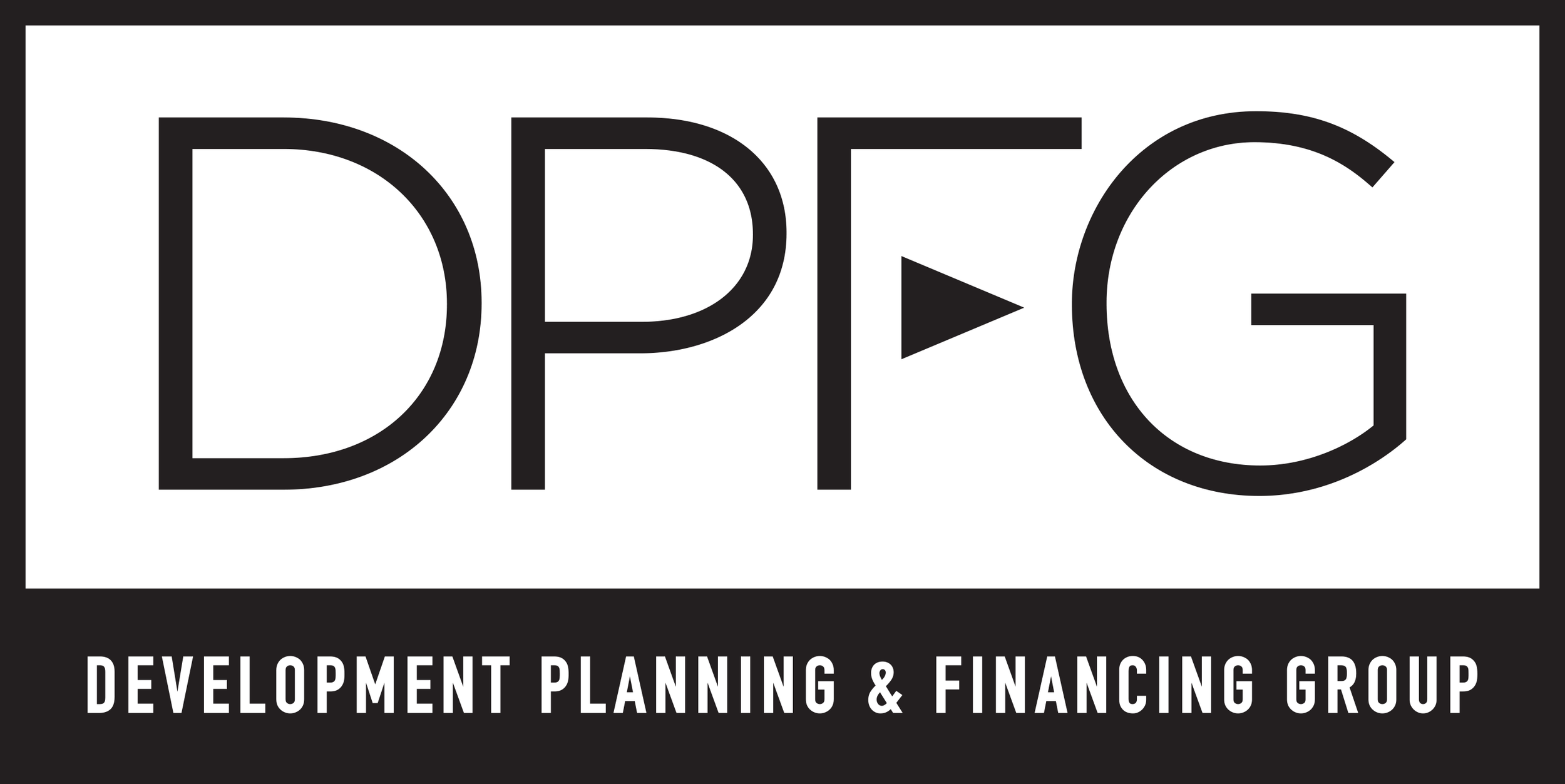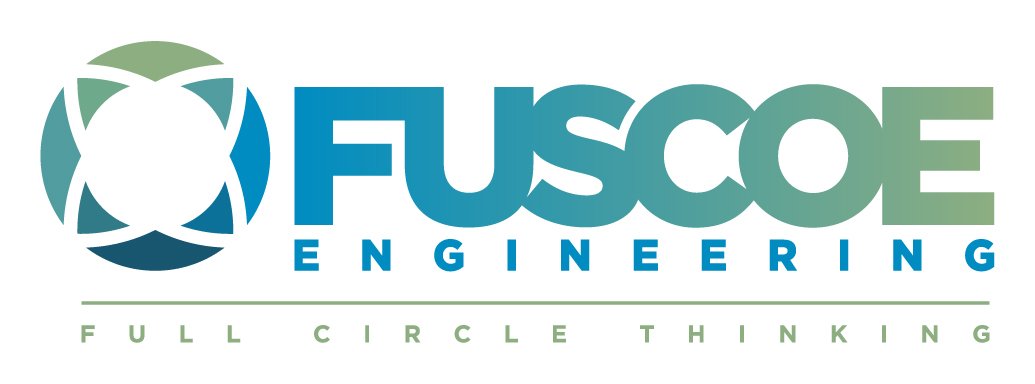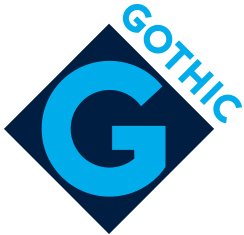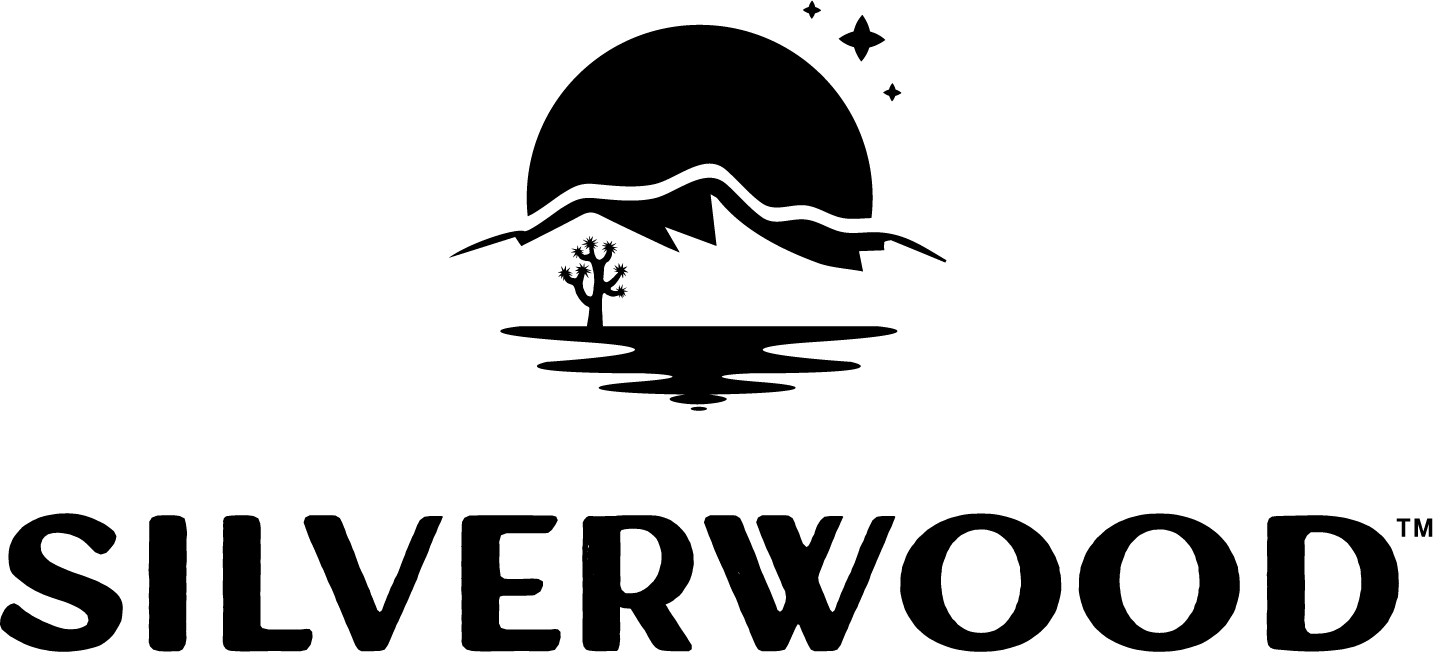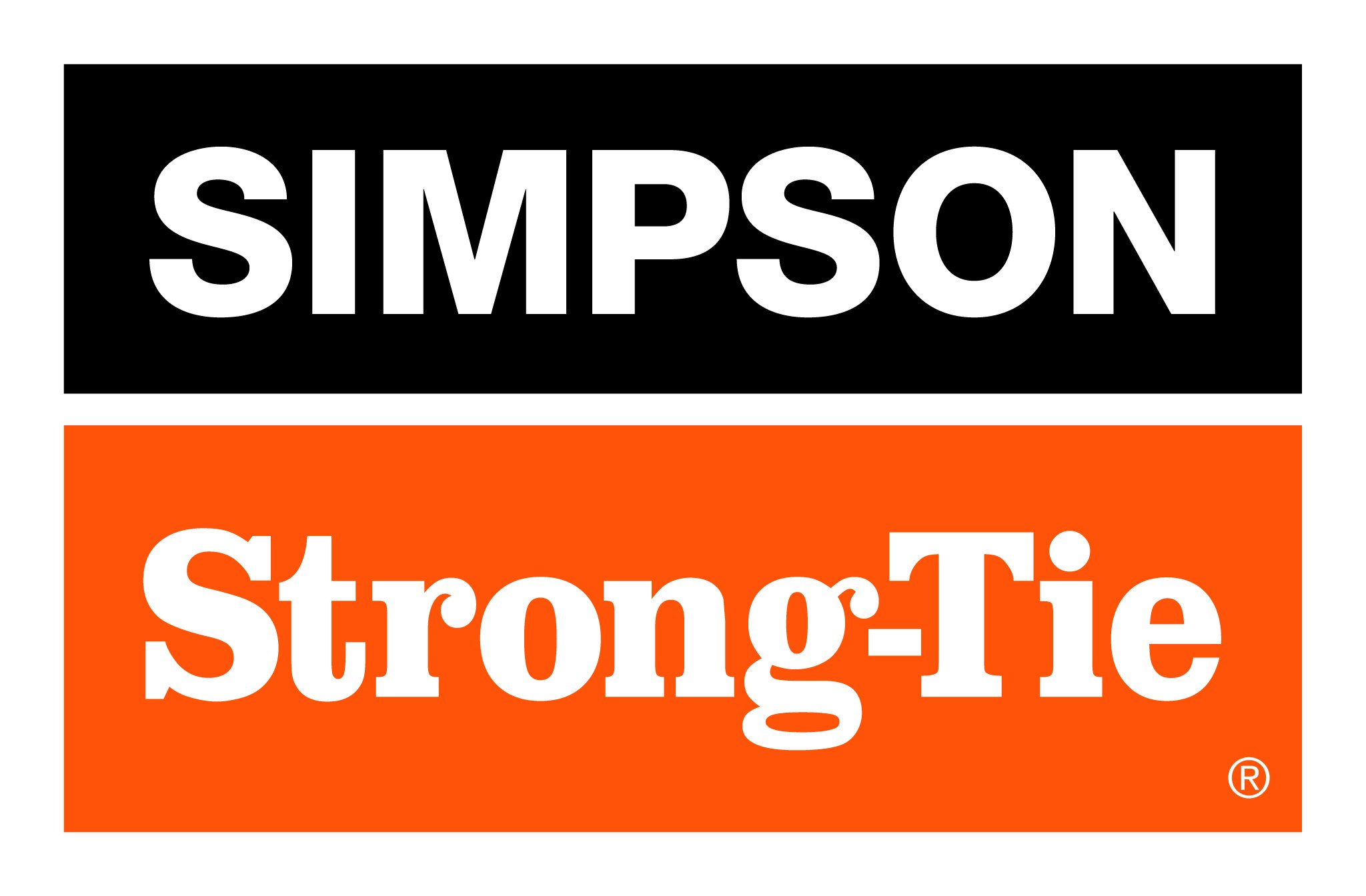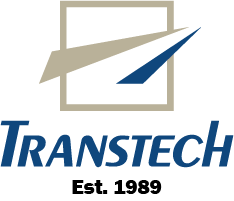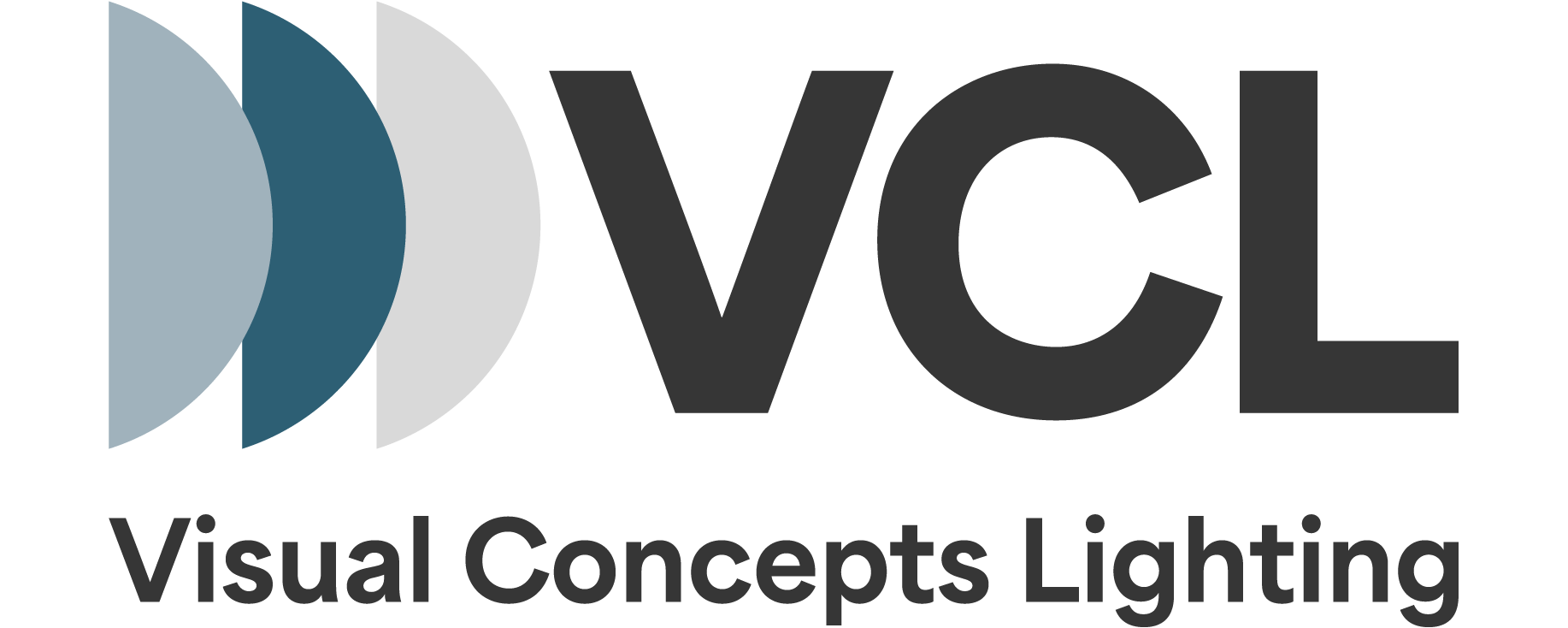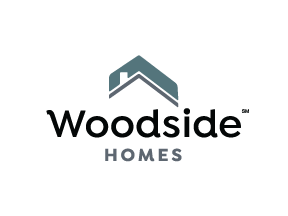Photo by Precondo CA on Unsplash
by Phillip B. Burum, DR Horton,
President, Building Industry Association (BIA) Baldy View Chapter
The good news for today’s homebuyers is that recently new rules have been introduced to simplify the mortgage loan application process to make it easier for consumers to understand the process by clearly spelling out the most relevant details such as the interest rate, amount of monthly payments and a listing of all the settlement (known as closing) costs.
‘Closing’ is the commonly-used term to describe the Settlement Process which is the final phase of purchasing a home where ownership of a property passes from seller to purchaser and involves a great deal of education for buyer. Because it is one of the most important phases of purchasing a new home, the Consumer Financial Protection Bureau (CFPB) offers an invaluable resource to help navigate this process with www.consumerfinance.gov/know-before-you-owe on the web.
When a loan is applied for, the lender is required by law to provide the prospective buyer with a good faith estimate of settlement costs. For consumers applying for Adjustable Rate Mortgages (ARMs) rather than Fixed Rate Mortgages (FRMs), documents will be provided to explain how their interest rate and future monthly payments could change based on certain factors.
Since the buyer will encounter a great many technical terms during closing, here is a handy glossary courtesy of the National Association of Home Builders:
• Appraisal Fee – an estimate of the fair market value of the home to help both the lender and the buyer to determine if the sales price is consistent with the actual value. An appraiser inspects the house and the neighborhood and makes an estimate based on the price of comparable houses and other factors;
• Earnest Money - a deposit paid to a seller to show the buyers are serious about buying a house. The buyer’s receipt for this payment is called a ‘binder’. If the home is purchased, the earnest money is applied to the down payment. If not, the earnest money is returned minus expenses for processing. Buyers should ask about the refund procedures before a deposit is made.
• Escrow Fees and Accounts - means having a third party hold funds and/or documents until the buyer and the seller complete settlement.
• Loan Origination Fee - a fee for the cost of processing the loan, usually calculated as percentage of the loan amount.
• Loan Discount or Points - A point is one percent on the loan amount. For example, if borrowing $50,000, one point equals $500.
• Property Survey Fee - Buyers may have to pay to have their lot surveyed if there is a question about the boundaries. The cost will depend on the complexity of the survey.
• Recording Fee - Because title is changing hands, the transaction must be recorded with the appropriate jurisdiction. This fee covers those administrative costs.
• State and Local Transfer Taxes – For when jurisdictions levy taxes on the transfer of property or on real estate loans.
• Settlement Costs Between Buyer and Seller - Your builder may have already paid the annual property taxes on your new home. When title changes hands, you must reimburse the builder for a proportional share of the taxes.
• Title Search and Insurance - A title search involves examining public records to see if anyone else has a claim to your property. A lender does not want to lend you money only to learn in the event of foreclosure that somebody other than you has a prior claim to the property.
Before ending the settlement session, buyers should ensure they have received or will be sent copies of all the important documents, including:
The sales contract
The land survey
Warranties and instruction booklets from manufacturers for equipment in the house
All tax payment receipts
Certificate of Occupancy
Certificates from the health department for plumbing and sewer installations
Other certificates of code compliance
All insurance policies
The note and deed to your property.
Home maintenance and care instructions from your builder.
The BIA Baldy View Chapter seeks to advance the opportunity to attain the American Dream of home ownership. For additional information on homebuying, home improvements, the benefits of homeownership or home safety or maintenance, visit our www.BIABUILD.com website.
*****
